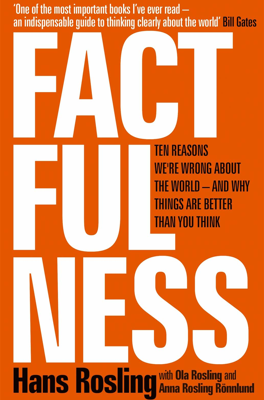The Generalization Instinct
Hans Rosling begins with an anecdote from a village dinner in Congo, where he faced the challenge of eating local delicacies like grilled rats and live larvas. To avoid the latter, he claims an imaginary cultural restriction, highlighting how easy it is to create and believe generalizations based on minimal or false information.
Generalization simplifies our understanding of the vast and complex world, structuring our thoughts and allowing functional categorization. However, it can lead to incorrect assumptions about groups or phenomena, conflating disparate elements into misleading categories. This often results in stereotyping, not just by race or gender, but across various domains, causing significant misconceptions that affect decision-making in business, health, and more.
Rosling illustrates this with a fact question about global vaccination rates, which reveals widespread underestimation of advancements in developing nations. He explains that such misconceptions stem from viewing stark or exceptional media images as representative of entire populations. This not only skews public perception but can lead to missed opportunities, particularly in business where understanding emerging markets is vital.
He further discusses how people on similar income levels, regardless of geography, live similar lifestyles—a concept visualized through his project, "Dollar Street." This initiative compares households worldwide to debunk stereotypes and emphasize that income, more than nationality or culture, determines living conditions.
Strategies to avoid misuse of generalization involve: - Questioning categories and standardizing comparisons rather than relying on cultural or national stereotypes. - Recognizing internal diversity within groups and commonalities across different groups. - Being aware that "the majority" might not be as overwhelming as it sounds. - Looking critically at exceptional examples which may not accurately represent the whole. - Realizing that personal or regional norms are not universal.
Through various examples, Rosling advocates for factfulness, meaning an appreciation of the complex realities behind simplified group categorizations and maintaining an alertness to the risks of overgeneralization. This careful approach encourages more accurate understanding and better decision-making both in personal judgments and global strategies.
